Punching the Air
by Yusef Salaam and Ibi Zoboi
Punching the Air, by Ibi Zoboi (American Street) and activist Yusef Salaam of the Exonerated Five, tells the unforgettable story of Amal Shahid, a teenager incarcerated for a crime he did not commit. Zoboi and Salaam masterfully join forces in this mesmerizing novel-in-verse. The poems--sharp, uninhibited and full of metaphors and sensory language--quickly establish Amal's voice, laying bare the anger, despair, hope and talent it holds.
Part one of three opens with 16-year-old Amal recounting his birth. He knows the details well because Umi, his mother, makes him watch a video of it every year, insisting "you gotta remember/ where you came from!" This memory is quickly supplanted by the bleak present: Amal is in a courtroom awaiting a verdict on his involvement in a fight that left another boy, Jeremy Mathis, in a coma.
Where Amal came from and who he really is--a beloved son, an artist and poet, a student aiming for college--do not seem to matter in the courtroom. Nor does the truth about what happened that night: the racial slur that instigated the fight, others' actions and Amal's actual involvement. Amal knows that the only fact holding weight is that he is black and Jeremy is white. To the biased judge and jury, that means, "I am man/ He is boy/ I am criminal/ He is victim." With an ineffective defense attorney and character witness, Amal is falsely convicted of aggravated assault and battery. Part I ends as he, handcuffed, rides a bus to the juvenile detention center where the rest of the novel is set. "I hope/ that they don't kill me in there," he prays.
Amal knows that appearing tough is the only way to survive, so he suppresses his emotions, "crushing them until/ they are/ nothing/ but dust." His days become a rigid cycle of unchallenging classes; avoiding others' attention; and pondering his past, the fight, his future, his family and Allah. The punitive staff includes a mix of stern (an officer named Stanford), patronizing (a white savior-type social worker Cheryl-Ann Buford) and brazenly racist (an officer called "Tattoo" for the depiction of a black baby being lynched on his arm).
Amal is bolstered by visits from Umi, who reminds him, "You are not alone in this fight," and by letters from those who affirm their belief in him. Although the visits and letters soothe him, they are also a painful reminder of his life before.
To cope with his pain, Amal uses crayons to express himself through art: "I didn't know that/ I could hold this little/ bit of freedom in my hands." He also turns to poetry, finding his voice anew alone in his cell. "I bang out a rhythm/ make the door a drum/ make my fist a mic/ make my words a bullhorn/ make my truth the air." When another boy, Kadon, overhears him, they form a friendship and begin rhyming together. Amal eventually gains entry into a special poetry class taught by an activist.
Still, the violence and suffocation of prison, the injustice of his conviction and the looming question of whether Jeremy Mathis will wake and tell the truth torture Amal. He holds fast to what he has--his voice, his art and hope: "my name is Amal/ and/ Amal means hope."
In a book that is all about the power of words--who speaks them and what stories they compose--the choices of verse and a first-person narration are critical. It's the character witness's diminishing words, the defense attorney's lack of effective words, the prosecutor's manipulative words and Jeremy Mathis's anticipated words that tragically alter Amal's future. But even with these words stacked against him, Amal can reclaim his stolen narrative and speak the truth with his poems. For young readers forming their own identities and ideas, Amal could inspire real belief in the power of language and art.
While Zoboi and Salaam create a young protagonist who is truly exceptional, they simultaneously show that his situation--a black teen ensnared by a justice system that fails to live up to its very name--is far from exceptional in the United States. Rather, it is the routine marginalization of people of color that makes Amal feel, at just 16, that prison was always a possibility and that the passage of time hasn't freed him from the oppression his ancestors endured ("Maybe these are the same/ chains that bind me to/ my father and my/ father's fathers"). Amal's interactions with other boys in jail also show the disproportionate impact of police brutality, mass incarceration and biased legal systems on black young men. In poetry class, there is an outpouring of shared pain: "We couldn't afford a lawyer," "If I didn't do it, they'd kill me," "I didn't do it." Amal's experience of abuse by the system, as well as his peers', incites raw outrage, but his artistic self-expression offers a subtle yet significant kind of hope. It is a hope borne of anger, that knows the full depths of injustice and still dreams of a better future. --Sylvia Al-Mateen



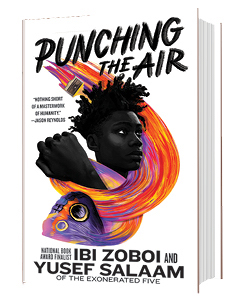
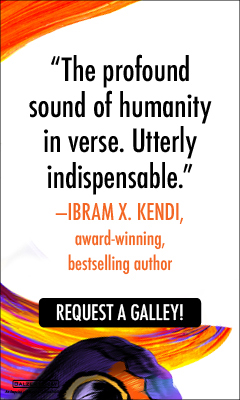
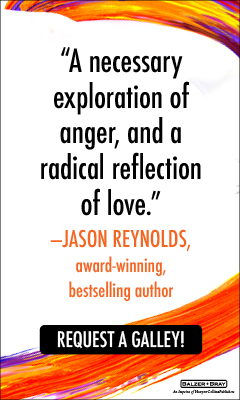
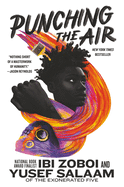

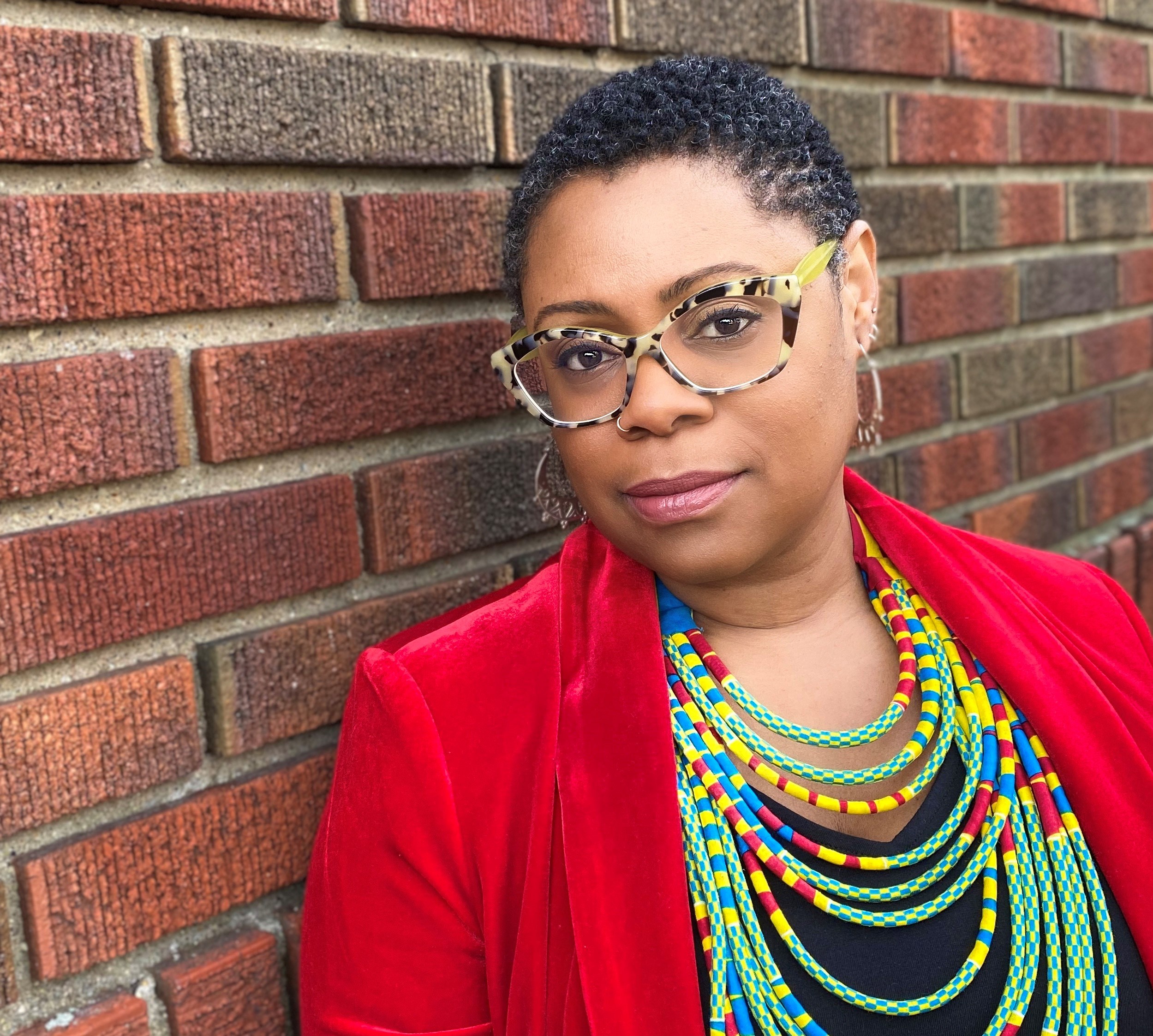
.jpg)